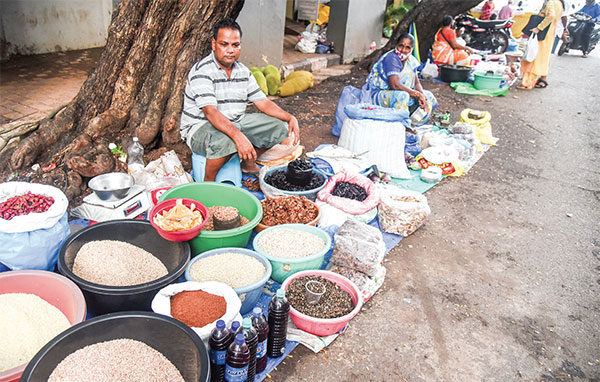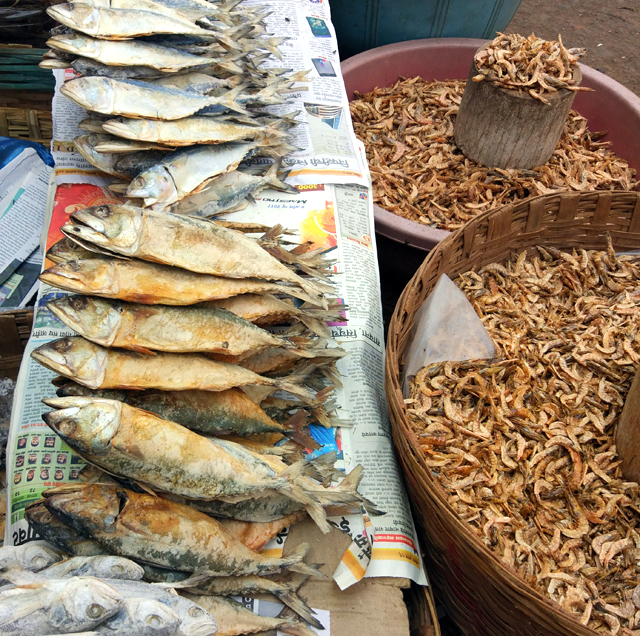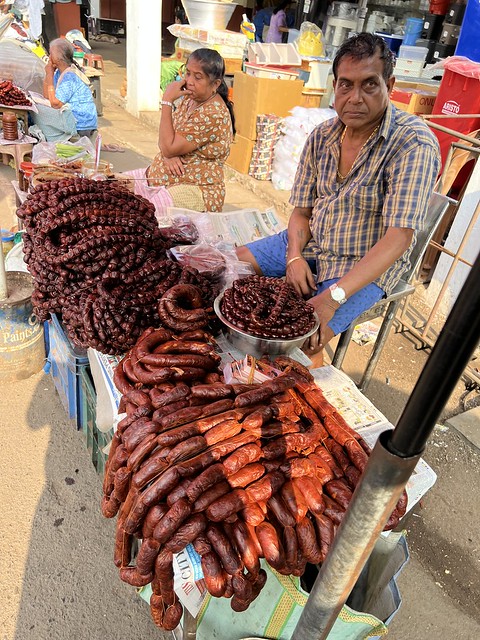
Introduction
The Mapusa Markets becomes a crowded place, especially during the last few days of the month of may. The market gets brimming with vendors from across the state as they bring a diverse range of wares. People who shop to store goods, flock to the market to buy spices, cereals, pulses,chillies, dried fish and sausages all integral to the traditional practice of Purument. This age-old custom involves preserving food items for the monsoon season, a necessity in the past due to the lack of modern refrigeration and the challenges of transportation during the rainy months.
Historian Dr. Fatima da Silva Gracias explains that Purument was essential for Goans, who would stock up on items like chillies, condiments, and dried fish in April and May, preparing well in advance for the monsoon’s arrival. Food preservation techniques included drying and salting food to ensure it lasted through the wet season when fresh supplies were scarce.
The significance of Purument
The significance of Purument extends beyond mere practicality. According to Sanjeev Sardessai, CEO of Hands-On-Historians, this tradition is deeply rooted in Goan heritage, with markets often coinciding with church feasts in April and May. These feasts provided ideal venues for stocking up, as the large church compounds allowed for extended market gatherings. Sardessai highlights that this practice was crucial in a time when travel was difficult and shops closed early, necessitating a well-stocked home to minimize the need for travel during the monsoons.
The modern ways of preserving

While modern conveniences like refrigeration and year-round availability of goods have reduced the necessity of Purument, its cultural and historical significance endures. The Purumentachem Fest, curated by Marius Fernandes, revitalises this tradition in a contemporary setting. This festival, now held in malls, offers a unique blend of heritage and modernity, allowing locals to purchase essential monsoon provisions while celebrating Goan culture through workshops and demonstrations.
The host of the festival
The festival, co-curated by Gwendolyn de Ornelas, Clavia Fernandes, and Emera Remedios not only focuses on the practical aspect of stocking up for the rainy season. but also emphasises the importance of organic and fresh produce, much of which is still best sourced from local villages. This shift from traditional markets to modern malls reflects changes in consumer habits while retaining the essence of Purument.
The culture
The cultural richness of Purument is also evident in its spiritual aspect. Many Goans attend church feasts, such as those held in Mapusa, St. Cruz, Panjim, and Margao, not just for provisions but also for spiritual nourishment. These events underscore the living faith of the Goan community, with each church serving as a vibrant center of tradition and devotion.
Conclusion
As the tradition of Purument adapts to modern times, it continues to offer a glimpse into the Goan way of life. Despite the addition of non-traditional elements to the Purumentachem Fest, the core of this cultural practice remains intact, celebrating the resilience and resourcefulness of Goan heritage. This enduring tradition not only ensures that essential food items are readily available during the monsoons but also reinforces the community’s connection to their cultural and spiritual roots.


